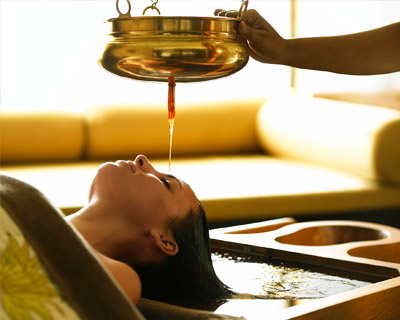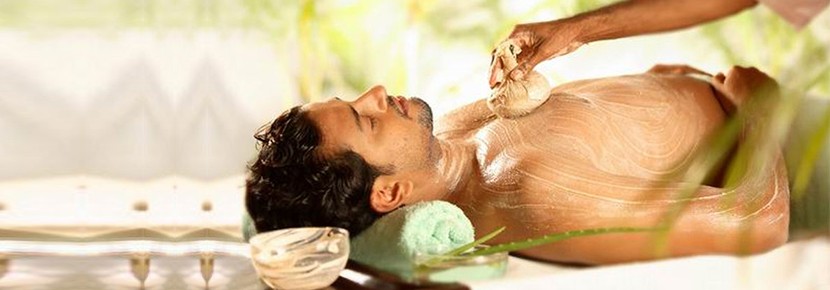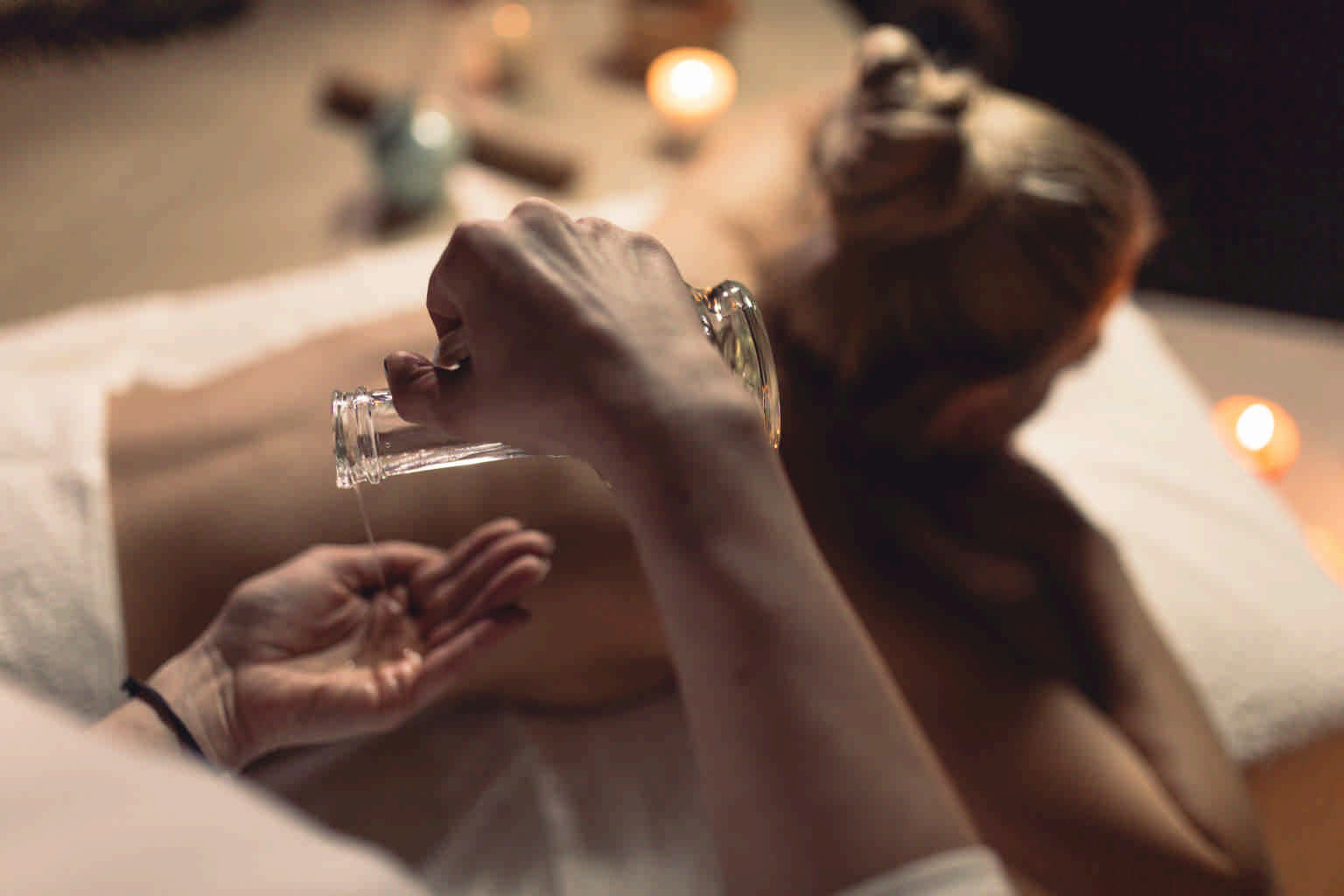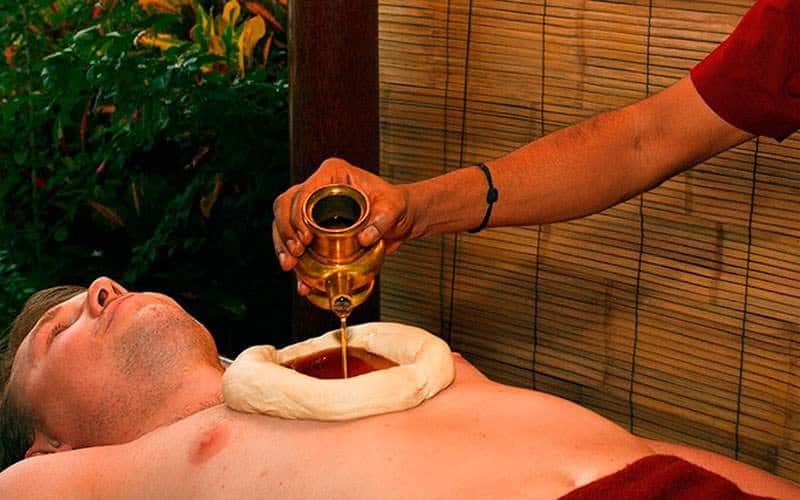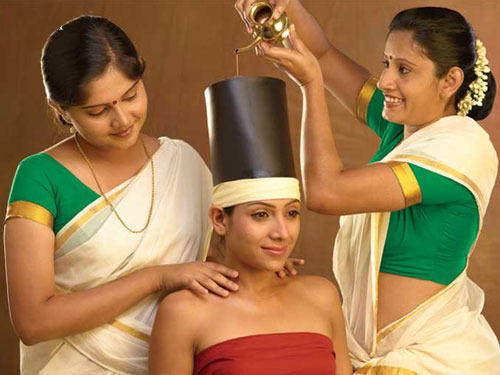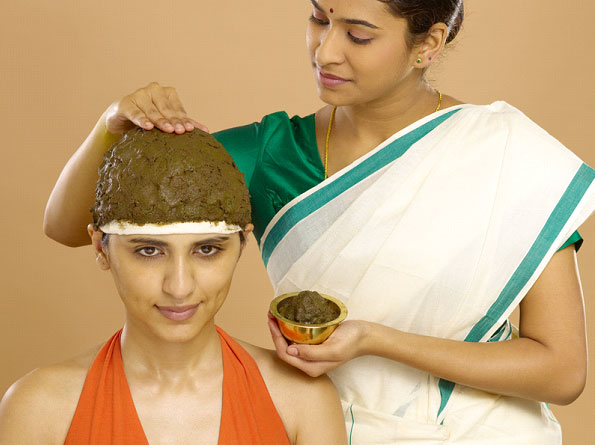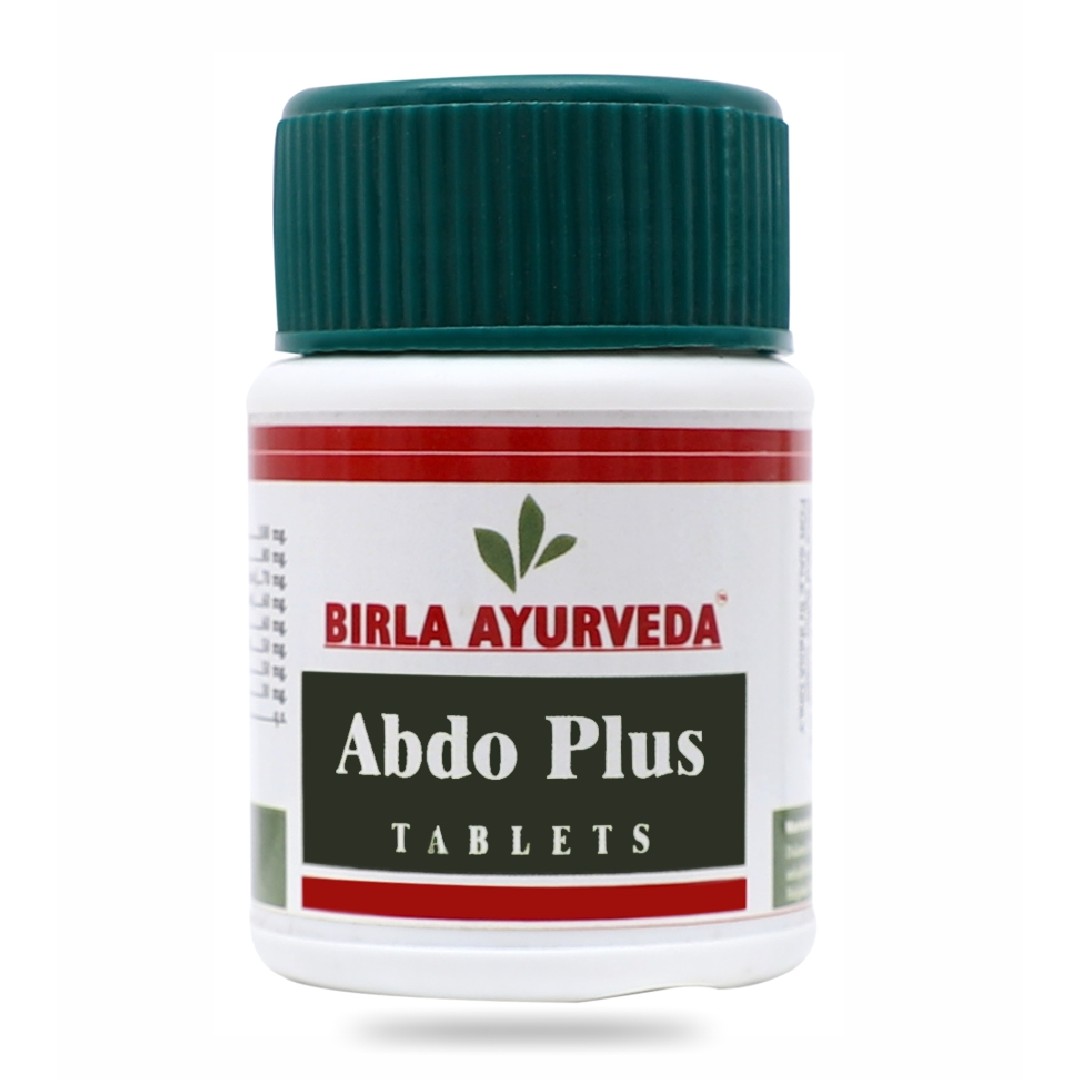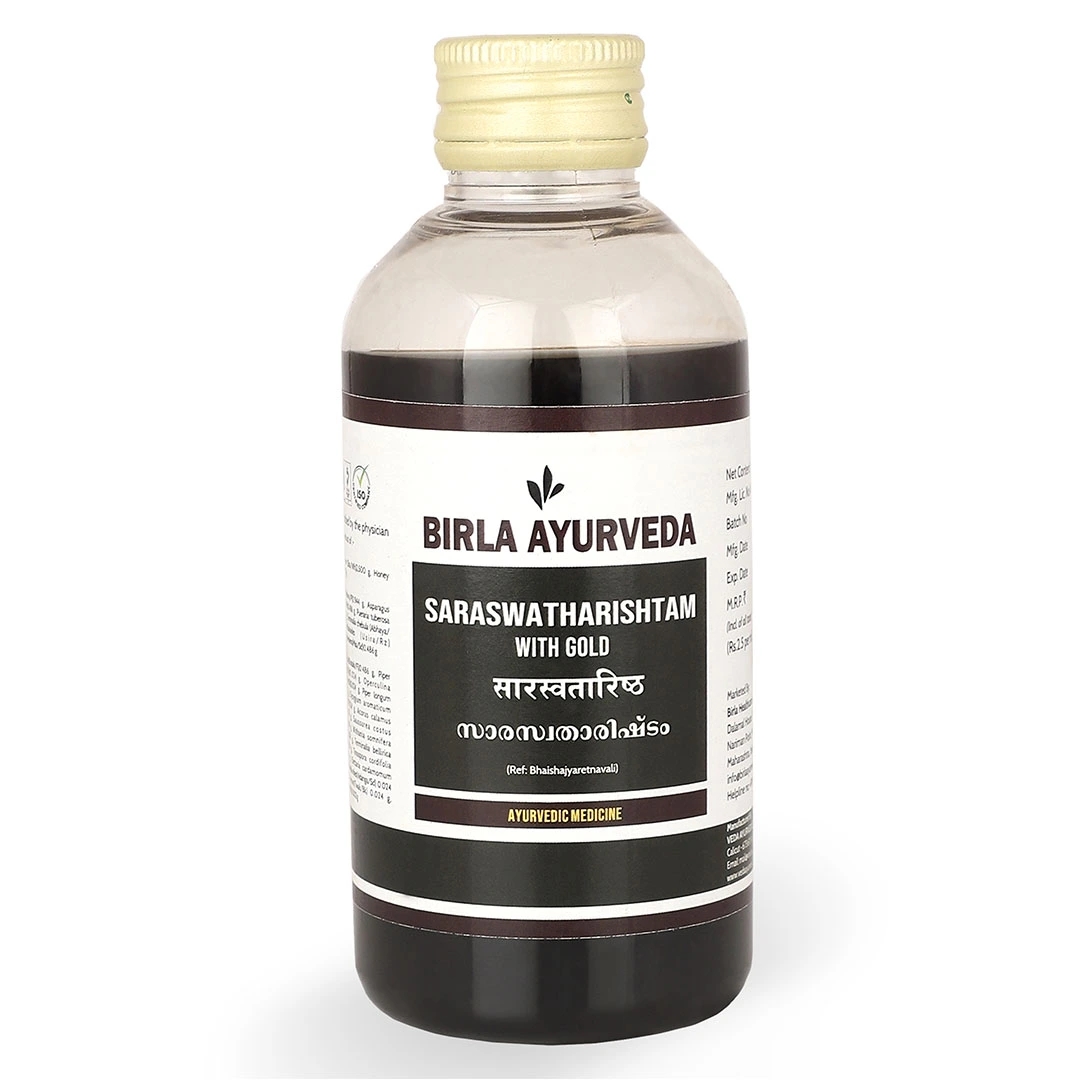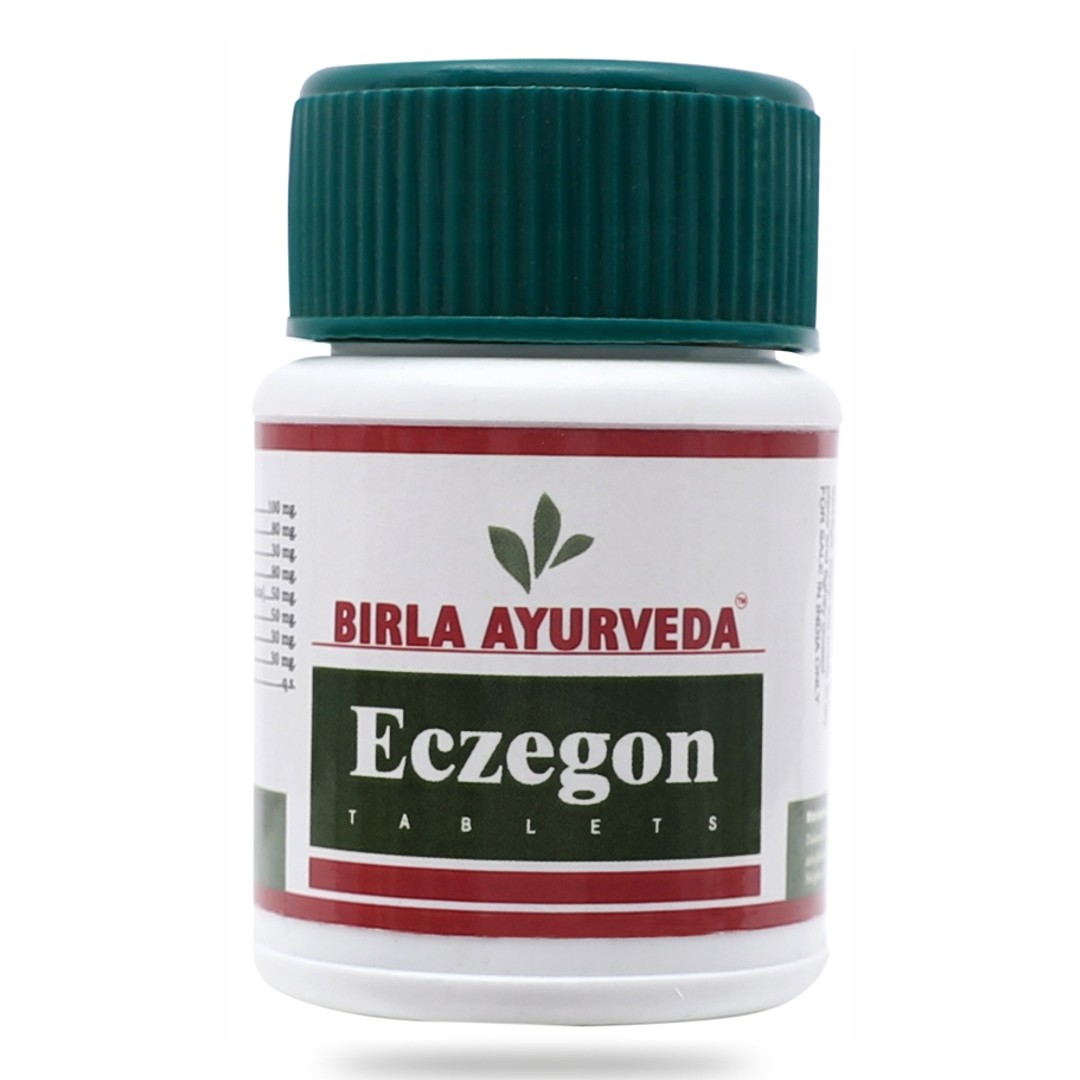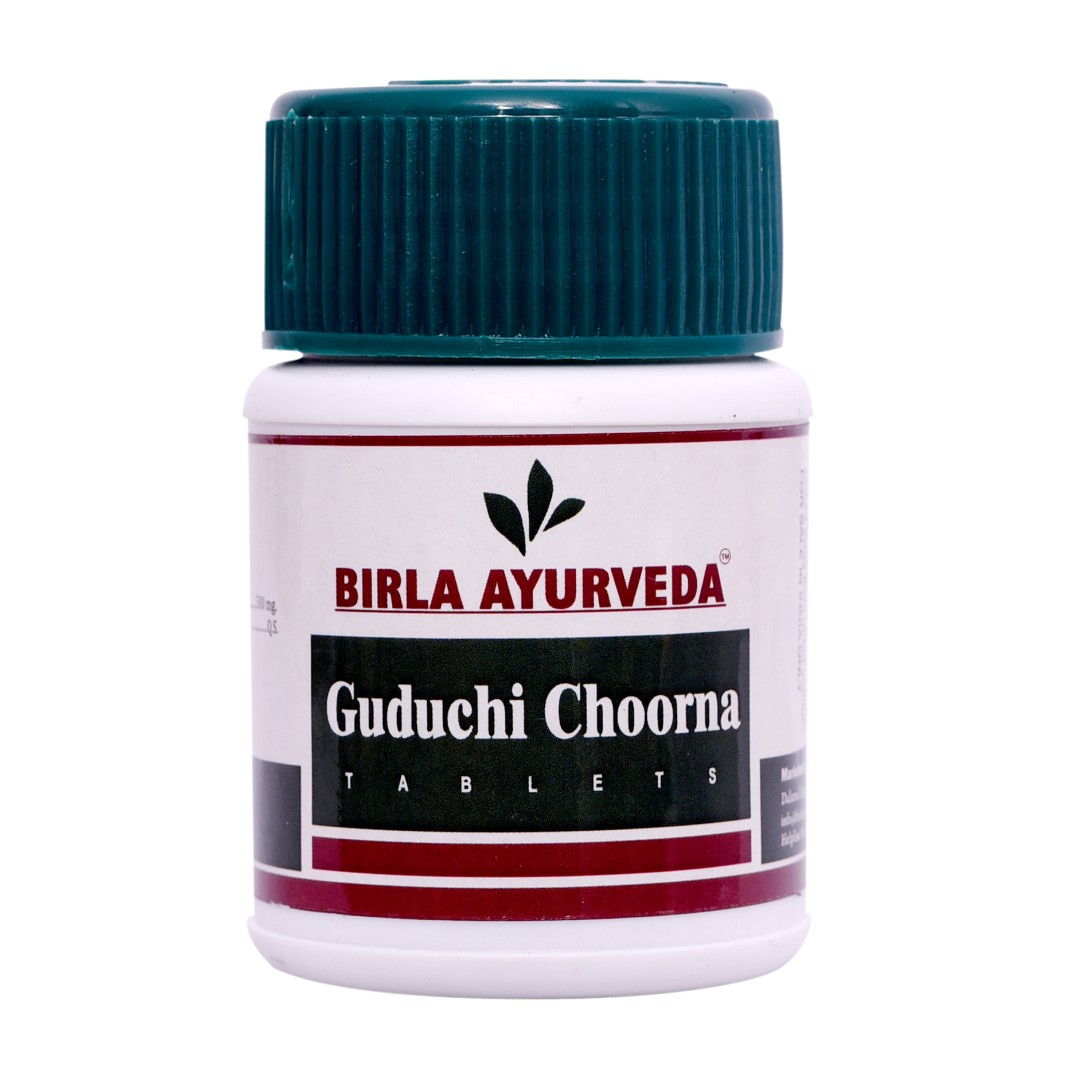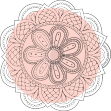
AYURVEDA FOR HEALTHY HEART
At Birla Ayurveda, we use Ayurveda for a healthy heart using two methods - Shamana Chikitsa (treating with internal medication) & Shodhana Chikitsa (treating by elimination).
The treatment is decided after a thorough check-up of the patient's condition. Then, the period and the therapies are assigned by the doctor.
Shamana Chikitsa is the method which treats using internal medications.
Shodhana Chikitsa is one of the effective treatment modalities in Ayurveda for a healthy heart, which is based on the elimination of vitiated Doshas and accumulated toxins from the body through various interventions.

AYURVEDA FOR HEALTHY HEART
At Birla Ayurveda, we use Ayurveda for a healthy heart using two methods - Shamana Chikitsa (treating with internal medication) & Shodhana Chikitsa (treating by elimination).
The treatment is decided after a thorough check-up of the patient's condition. Then, the period and the therapies are assigned by the doctor.
Shamana Chikitsa is the method which treats using internal medications.
Shodhana Chikitsa is one of the effective treatment modalities in Ayurveda for a healthy heart, which is based on the elimination of vitiated Doshas and accumulated toxins from the body through various interventions.
Ayurveda therapies for Healthy Heart
Shirodhara
‘Shiro’ means head, and ‘Dhara’ beautifully translates to stream.Abhyanga
This is an ayurvedic body massage that is performed with medicated oils and specific techniques such as regulated strokes and pressure on various parts of the body.
Virechana
Virechana is one of the five Pradhan Karma (main procedures) of the Panchakarma procedures.
Vasti (Basti)
This process involves the use of medicated oils or Ayurvedic decoctions in the form of enema.
Pizichil
This deeply relaxing procedure brings the advantages of both Snehana (oleation) and Swedana (sudation or perspiration) therapies.
Urovasthi
In this procedure, warm medicated oil is poured on the chest region in a leakproof trough made of a fine paste of black lentils, sealed to the area.
Sirovasthi
This procedure is similar to Urovasthi, but is performed on the head instead of the chest.
Shiropichu
In this process, a folded sterile cotton cloth or a cotton pad is soaked in warm oil and placed over the head for a certain time.
The word ‘heart’ describes something central, of prime importance, and which keeps everything else going. This literary usage in our day to day lives should normally be enough to remind us how significant an organ like our heart is for our body, and yet most of us fail to do enough to keep it healthy.
Ayurvedic Perspective on Heart Health is Vayanavayu, a subtype of Vata Dosha that is responsible for heart movement, pumping and propelling the blood regulating the blood circulation from the heart to the entire body. Sadhak Pitta governs our emotional balance while, Avalambakakapha nourishes, protects, and lubricates the heart. Cardiac diseases are mainly the result of an imbalance in one or more of these bodily humours. The umbrella term ‘cardiac diseases’ includes all the disorders related to the heart, including rheumatic heart disease, hypertension, coronary artery disease, arrhythmia, and inflammations like myocarditis, endocarditis, and pericarditis.
Today’s sedentary lifestyle, combined with alcohol, cigarettes, and trans-fat-rich junk food, causes a constant imbalance of Kapha Dosha and is the primary cause of rising rates of coronary heart disease. Toxin accumulations in the system as a result of faulty diet patterns and habits that are out of sync with the body’s natural rhythm also play a vital role. Pitta imbalance is the primary cause of inflammation, whereas Vata vitiation is the primary cause of most nervous system issues such as palpitations and hypertension. A vitiated Pitta Dosha also leads to anger and irritability that can make it worse for a patient already suffering from heart problems. Stress, obesity, high blood pressure, and increased cholesterols are other major risk factors for coronary diseases.
Reasons for Heart Disease
- Including certain diseases
- Infection
- Heavy alcohol use
- Toxic effects of drugs, such as cocaine or some drugs used for chemotherapy
- Genetic factors
Signs and Symptoms of Heart Disease
- Chest pain
- Chest tightness
- Chest pressure and chest discomfort (angina)
- Shortness of breath
- You may experience pain, numbness, weakness, or coldness if the blood vessels in your legs or arms are narrowed
- Pain in the neck, jaw, throat, upper abdomen or back
Ayurvedic Medicine for Healthy Heart
- Guggulu
- Arjuna
- Pushkarmoola
- Lasuna
- Amalaki
- Jatamansi

